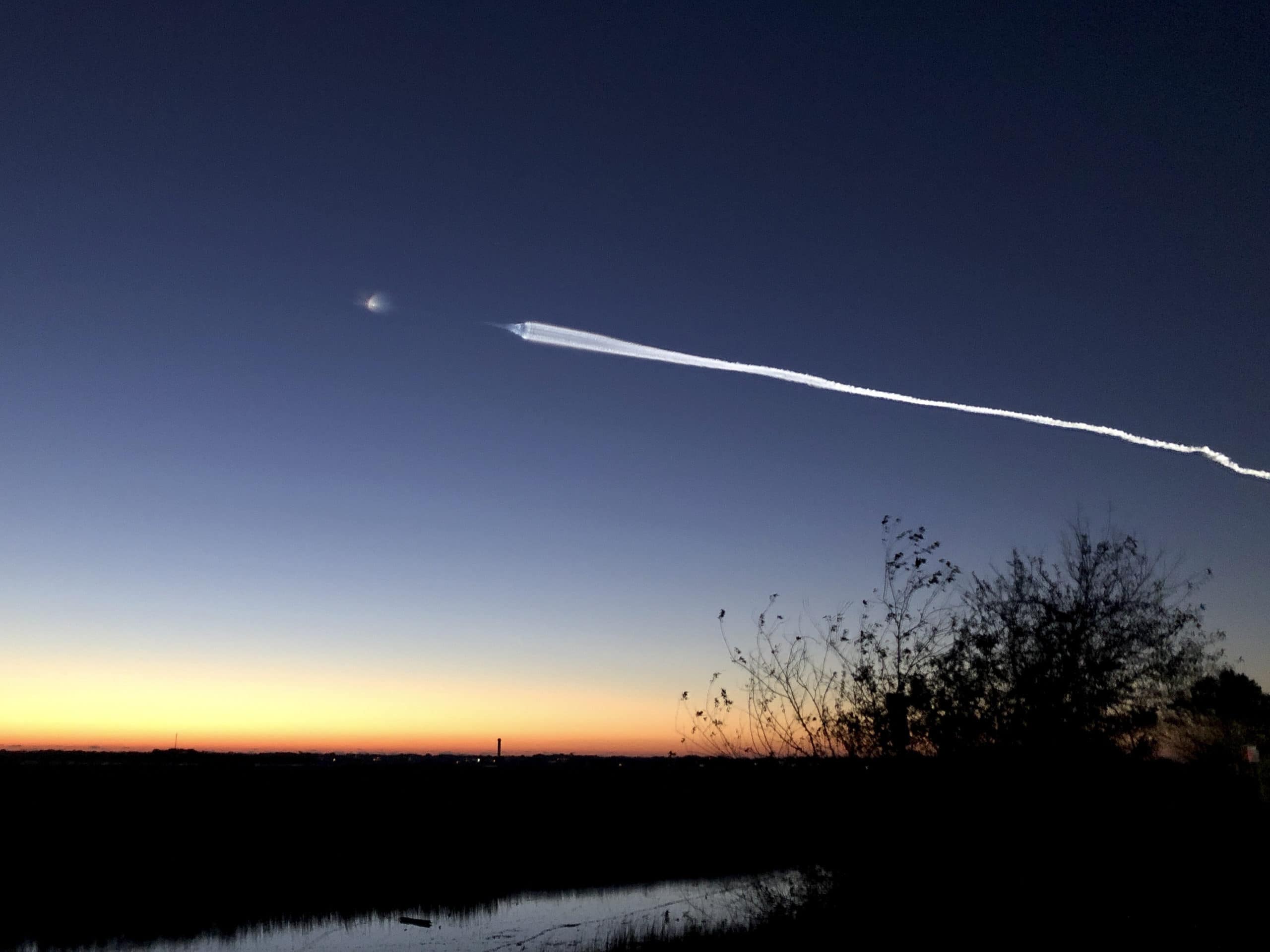TOPLINE
An uncrewed Boeing Starliner spacecraft reached Earth’s orbit Thursday evening and is now en route to the International Space Station, marking what could become the capsule’s first successful test launch following an unsuccessful 2019 attempt, a major step in Boeing and NASA’s quest to eventually use the Starliner for crewed missions.
KEY FACTS
The Boeing Starliner successfully lifted off at 6:54 p.m. Eastern in Cape Canaveral, Florida, and separated from various stages of the Atlas V rocket within 15 minutes, after which the capsule used its engines to enter a final orbit and head toward the ISS—a process known as “orbital insertion burn” that had previously failed in a late 2019 test.
The spacecraft is scheduled to reach the ISS on Friday at around 7:10 p.m. and will test its docking systems on the way, before returning to Earth after several days and touching down on land, Boeing said.
The Starliner is carrying about 800 pounds of cargo to the ISS, along with a test dummy named “Rosie the Rocketeer.”
WHAT TO WATCH FOR
The Starliner may be ready for its first crewed test flight by the end of the year, Boeing’s Mark Nappi said before the flight, according to CNBC.
Loading...
KEY BACKGROUND
In 2014, NASA struck a $4.2 billion contract with Boeing to carry its astronauts to the International Space Station, as the agency sought to return to using American-built spacecraft after retiring the space shuttle and outsourcing its crewed missions to Russia. At the time, NASA aimed to start using American craft to transport astronauts as early as 2017, but Boeing’s program has been mired in delays and technical setbacks. A December 2019 test launch went awry after the Starliner separated from its rocket but failed to point itself onto the correct orbit due to a clock malfunction, and a planned August 2021 test was cancelled before takeoff after staffers discovered a valve issue. Boeing has reportedly spent $595 million on the Starliner program since the unsuccessful 2019 test.
TANGENT
NASA also awarded a crewed spacecraft contract to SpaceX—Elon Musk’s startup rocket company—in 2014. After facing apparent testing problems of its own, SpaceX launched its first crewed mission to the International Space Station in May 2020, and its Crew Dragon spacecraft has flown four operational missions for NASA since then.
Loading...
